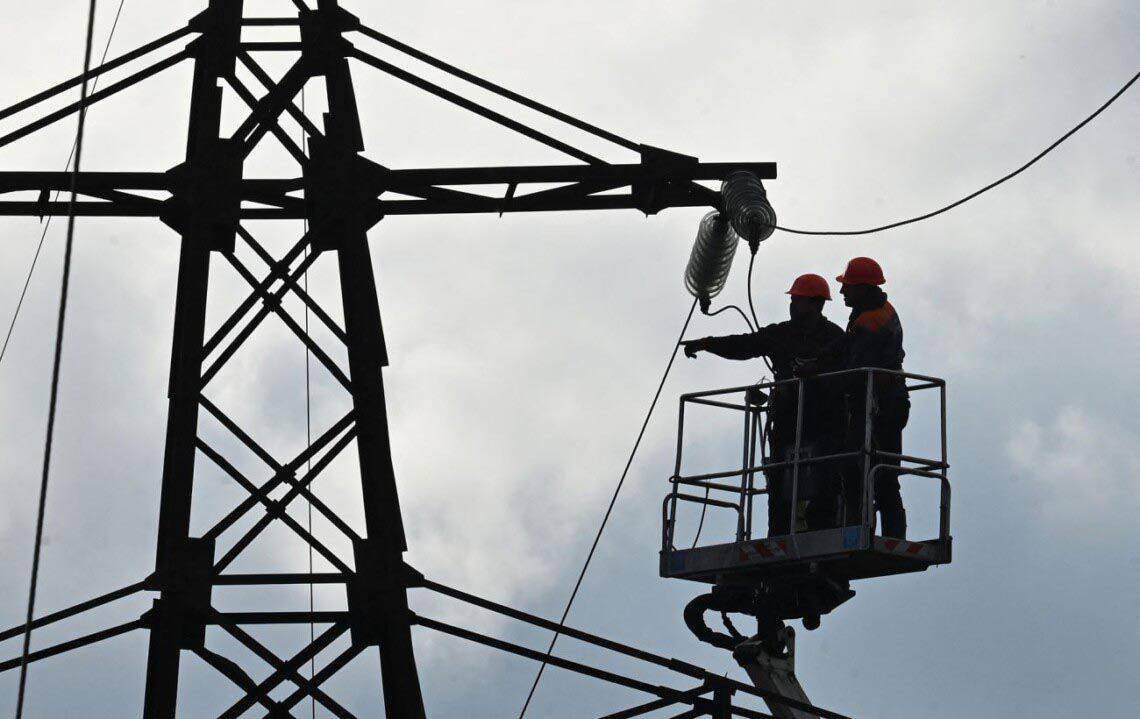The Ministry of Digital Transformation, along with its partners, is working on an updated concept of e-Court, which will allow Ukrainians to file lawsuits, receive documents, and review cases online at their convenience. Currently, a functional audit is underway, after which the updated services are planned to be launched.
The update of the electronic court will enable citizens to file lawsuits, receive documents, and review cases online at their convenience. For judges, it will mean not having to print stacks of papers, conducting hearings via video conferencing, and saving time.
The cornerstone of the digitalization of the judicial sphere is the Unified Court Information and Telecommunication System (UCITS). The Ministry of Digital Transformation, along with partners, has been involved in the development of the system and conducted an IT audit. It was found that the e-Court system needed updates for more effective operation. Currently, a functional audit is underway, after which the updated services for citizens are planned to be launched.
Thanks to the transformation of the electronic court, Ukrainians will be able to:
• Access the court online at any convenient time, 24/7.
• Receive court decisions electronically.
• Submit evidence.
• Pay fines, deposit and return court fees and bail.
• Submit procedural documents and report events.
• Review materials of the electronic court case.
• Access open data and registries.
• Analyze court practice and the effectiveness of court operations.
Currently, e-Court already offers an electronic cabinet, the ability to conduct video conferencing and online document flow.
Some services for citizens will be available in a separate e-cabinet, while others will be available through the "Diia" platform. Currently, work is underway to enable the electronic submission of an enforcement document to the Automated Enforcement Proceedings System (AEPS) for the enforcement of a court decision. For example, to enforce alimony payments from a debtor, citizens will not need to search for the address of the appropriate service or go to court. Citizens will send and receive documents automatically, and notifications about all steps of the case will be received through the "Diia" platform.
The e-Court is an important part of the State Anti-Corruption Programme for 2023–2025. Its implementation will minimize corruption risks and make the judicial sphere more transparent and efficient.
The electronic services and system are being developed by the Ministry of Digital Transformation in collaboration with the Higher Council of Justice, the Committee of the Verkhovna Rada on Legal Policy, and the State Judicial Administration with the support of the USAID project EU Law-Justice and the consulting company CIVITTA.





















